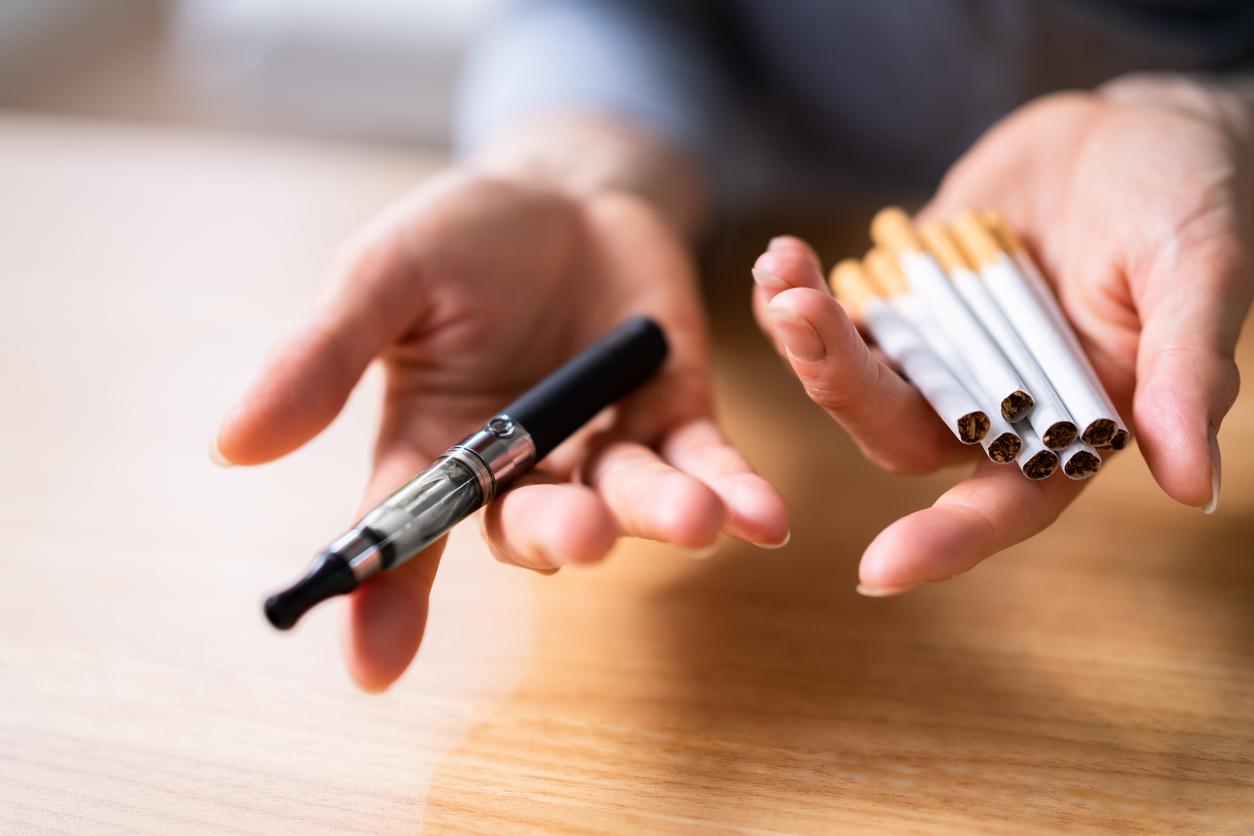Is the health crisis getting on your nerves? Do you feel like an emotional sponge? You are undoubtedly one of the highly sensitive people who represent 30% of the world’s population, according to the journal “Translational Psychiatry” in 2018. Half of them experience it badly (survey by the Observatory of Sensitivity, May 2019). And for good reason: this ultrasensitivity is characterized by an increased reactivity which leads to emotional or sensory saturation and a tendency to exhaustion. She is not a disease, but a temper.
“In people affected by high sensitivity, psychological researchers have identified a broader and finer information processing capacity that makes them more sensitive to internal and external stimuli. For example, by making us relive a collectively traumatic context – confinement, deprivation of freedom of movement, of contact, general atmosphere of fear and threat in the face of an invisible danger – the coronavirus crisis, and in particular confinement, offers the opportunity to transform our ways of reacting to stress”, explains Carol Pirotte, psychocorporal therapist.
It allows you to become aware of your vulnerabilities, to develop benevolence towards others and the need to act together to invent “the next world”. How to make it an asset?
#1 Give yourself breaks
Ultra-receptive to the health crisis, very sensitive people are subject to saturation expressed by irritability, a drop in morale, devaluation, fatigue… “This saturation occurs by the conjunction of two factors well known to highly sensitive people: overstimulation and accumulation. Too many stimuli, incitements or solicitations… this causes an excitement that can exceed the possibilities of regulating it. It then gives way to stress which, inevitably, accumulates, because the capacities regulation are overwhelmed”, notes Saverio Tomasella, doctor of psychology.
Your positive goals : Respect moments of silence and rest to regulate the flow of emotions that solicit the “emotional” limbic brain, according to research in neurobiology. They help to take a step back and relax. Methods of regulating emotions (meditation, yoga, etc.) help to refocus on the body, strengthen self-awareness and regulate mood. Balance sports (like dancing or swimming) are also good for soothing the body and the mind, and regaining self-confidence.
#2 Pay attention to your lifestyle
Hypersensitive people have variable health depending on the intensity of their reactivity. According to Cathy Assenheim, neuropsychologist, “a brain that rotates more consumes more to function. And the more it is governed by stress reactions, the more the body becomes disrupted, leading to various manifestations common to hypers: sleep disorders, chronic fatigue, burnout… They often suffer from digestive disorders and react more strongly to sugar and exciting drinks (coffee, tea, chocolate, etc.).
Your positive goals: improve your lifestyle to help your body adapt to these neurophysiological disturbances. Consume fiber (fruits and vegetables, etc.) and probiotics (yogurt, kefir, etc.) which strengthen your resistance via the intestinal flora. According to a study by the University of Colorado published in 2017 in “Frontiers in Behavioral Neuroscience”, prebiotics (garlic, lentils, etc.) improve sleep following a stressful event. Protect yourself from what could increase your sensitivity – television, emotional atmospheres -, take care of your sleep, increase the doses of magnesium, cement of the nervous system, and soothing herbal infusions (hops, escholtzia, etc.).
#3 Rethink the way you work
Badly accepted at work, especially in the context of hierarchical models based on performance to the detriment of human relations, high sensitivity is manifested by difficulty concentrating, loss of self-confidence, the impression of being out of step with colleagues, perfectionism, exhaustion due to an excess of empathy, tensions linked to the economic crisis…
Your positive goals: make your ultra-sensitivity a strength at work by relying on its strengths – your intuition and your strong creative potential – basics of what is called “sensitive intelligence”, the No. 1 resource of the company of tomorrow. To develop it, set your limits in terms of space, time and work organization according to your sensitivity (breaks, telecommuting, training, etc.), make your caring colleagues allies, deploy your creativity (ideas, innovations, etc.)…
Our Experts:
- Saverio Tomasella, psychoanalyst, doctor of psychology, founder of The Observatory of Sensitivity and trauma specialist
- Carol Pirotte, psychocorporal and transpersonal therapist and psychotrauma specialist
- Cathy Assenheim, neuropsychologist
Read also :
- Toltec agreements: these 4 principles to apply to give meaning to your life
- Of the 9 universal personalities, which is yours?
- 6 tips for creating a soothing cocoon
- Slow life: 9 ideas to slow down















